News Archive
-
The University of Southern California School of Social Work is dedicated to eliminating racial injustice and promoting an ongoing healing and reconciliation process to dismantle racism. This commitment is rooted in the belief that all members of our community are valued and needed to further the human rights and social justice mission of the school and our profession.
-
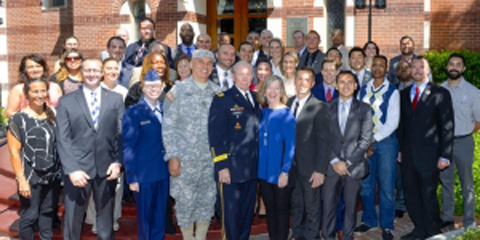
The Center for Innovation and Research on Veterans & Military Families at the USC School of Social Work has received a gift of $200,000 to support local efforts to help transitioning veterans in Los Angeles County.
-
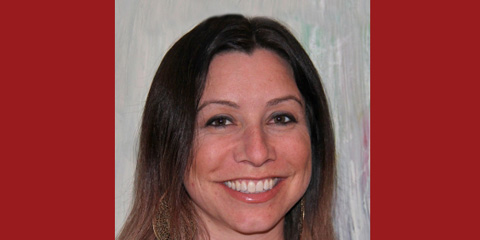
A student who recently lost her grandmother asked to postpone her exams. One professor said no but reached out to see how she was coping. Another professor gave her an extension but was cold in his demeanor. Asked whom she felt was more empathetic, and the answer was surprising: the professor who declined her request.
USC School of Social Work Clinical Assistant Professor Kristen Zaleski says that while the definition of empathy is fairly straightforward, it’s a concept that many people find hard to grasp.
-
Failing to address the multiple root causes and the role played by military culture will continue to hamper efforts to curtail sexual assault in the military, according to new research from the University of Southern California and Fort Hood, Texas.
The military’s one-size-fits-all approach to sexual assault prevention and training also overlooks sensitive and uncomfortable issues, including the prevalence of assault among male service members and biases about sexual behavior, according to the article, which appears in the May issue of Current Psychiatry Reports.
-

Parents as Teachers and USC School of Social Work partnership will bring more home visits to families in need using telemedicine technology
-

Jamie St. John, MSW ’15, has a soft spot for foster kids, especially those aging out of the system, having been in that age group herself not so long ago. Once they turn 18, transition-age youth can no longer receive assistance from the systems of care that previously provided for many of their needs. And like many young people, they are starting out with limited resources and experience.
-
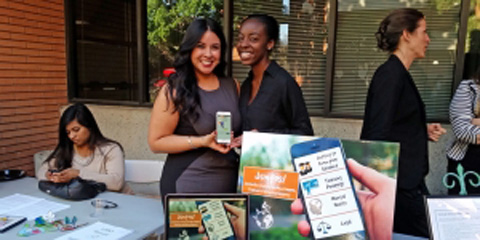
A fast pitch competition isn’t usually associated with a school of social work. While business schools regularly employ the technique as an exercise in how to raise money for entrepreneurial pursuits, a fast pitch event at schools dealing in the social sciences is virtually unheard of.
Educators at the USC School of Social Work are changing that – one pitch at a time.
-
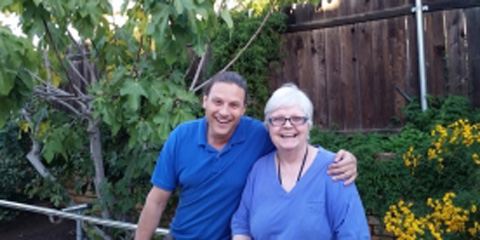
Montgomery Ostrander has an MBA. He spent eight years at Microsoft in software development. And he now owns and operates a therapeutic elder care home.
Ostrander is not your typical social work student.
-
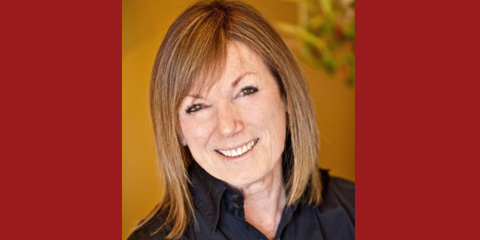
The road to Pelican Bay State Prison led through majestic redwoods a stone’s throw from the stirring beauty of Pacific Ocean coastal waters. The concrete blocks of the prison rose up before us, concertina wire curled above electrified fences that surround the general population buildings with their tiny windows. The gathered windowless mass of the SHU (Security Housing Unit), where we would be meeting with prisoners in solitary confinement, seemed a different, even more ominous world. As we approached the sprawling fortress, I could feel my heart sinking.
-
Wendy Smith, clinical associate professor and associate dean of curriculum planning and assessment at the USC School of Social Work, recently visited Cuba on an educational mission organized by Rep. Karen Bass, MSW '15, to learn about the country's child welfare and juvenile justice systems, as well as its culture, people and arts scene.